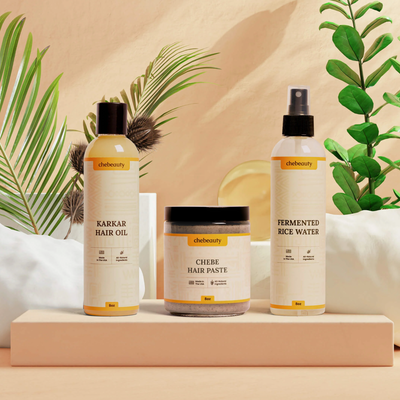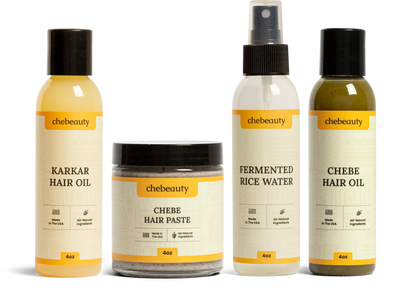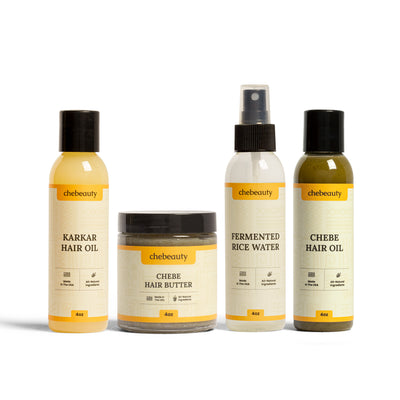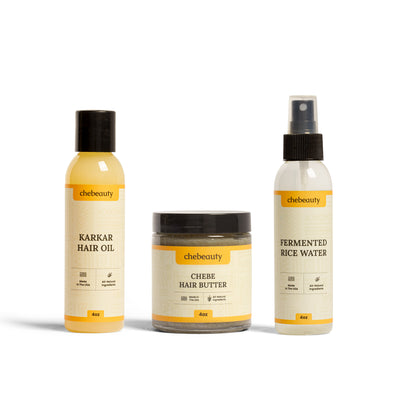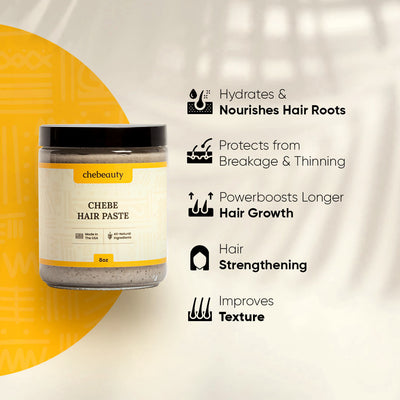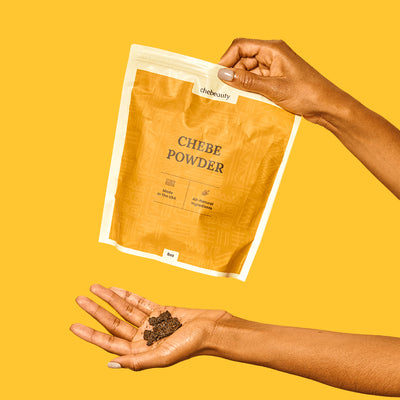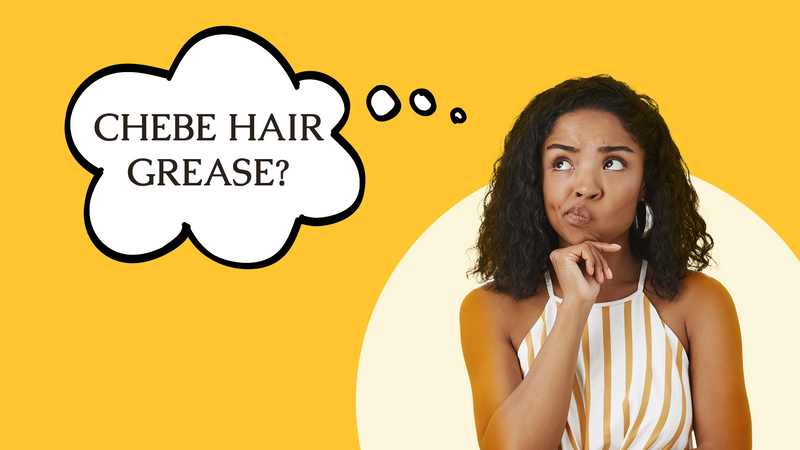Having hair that looks and feels healthy is an important part of building confidence as a woman. Unfortunately, it can be challenging to maintain your hair in a perfect state, with a variety of causes contributing to damaged locks. This includes biological factors as well as your hair routine. But don’t worry - the great news is that there is a way to bring your hair back to life!
In this blog post, we will discuss the common causes of damaged hair, the treatments that can help repair it, and tips for how to ensure healthy and strong hair growth.
Common Causes of Damaged Hair
Before we dive into the treatments, let’s look at the definition of damaged hair and the major causes of it. Damaged hair is defined as hair that has been weakened or broken as a result of maltreatment. It can be caused by anything from over-styling to using the wrong products. That’s why it’s important to identify the causes of your damaged hair in order to determine which treatments work best for you.
Common causes of damaged hair include heat damage, over-styling, poor nutrition & dehydration, and too much stress.
Let’s go more in-depth to understand each one of these issues to explain how they originate and what harm they might bring.
Heat Damage
If heat-styling tools such as curling irons, flat irons, or blow dryers are part of your regular hair routine, you may be damaging your hair without realizing it. Heat styling tools can cause breakage and split ends, leaving your hair feeling dry and brittle.
Over-Styling
If you’re constantly styling your hair with tight braids or updos, you may be causing breakage. It’s important to give your hair a break every now and then and use more gentle styling methods such as buns or ponytails, or protective hairstyles in the case with afro-textured hair.
Chemical Damage
If you frequently dye or perm your hair, you may be damaging it without realizing it. When using chemical treatments on your hair, it’s important to use a deep conditioner afterward to help repair any damage done.
Poor Nutrition and Dehydration
Don’t forget that our organism is heavily dependent on our diet - because that’s one of the primary ways we get nutrients necessary for our health. There is a great variety of elements your hair might be lacking: omega-3 acids, zinc, vitamin D, iron and protein. The lack of these will result in your hair being depleted of nutrients necessary for its growth and strength. Equally, if you’re not drinking enough water, your strands can become dry and brittle. It’s important to make sure you’re drinking plenty of water throughout the day to avoid such problems.
Stress
Stress and anxiety can cause great harm to your organism in a multitude of ways and that includes damage to your hair. What can happen is that stress hormones prevent the flow of nutrients and oxygen to your hair and skin, resulting in them essentially being deprived of all of the necessary elements for healthy growth.
Common Treatments for Damaged Hair
Alongside minding and managing the above factors, we will also provide you with tips on how to further aid your hair health.
Regular Trimming
Trimming away split ends helps prevent further breakage and makes it easier for your hair to grow back healthy and strong. It’s best to visit a professional stylist for regular trims so they can determine how much needs to be trimmed off without taking off too much length.
Protein Treatment
Protein in particular is something that is great to combine both in consumption and in hair products - rice water for hair growth works especially great as a natural protein treatment. It’s all-natural and it provides hair with the necessary nutrients without any toxic damage.
Protective Hairstyles for Afro-Hair
For our beauties with afro-textured hair protective styling plays a crucial role in repairing damaged hair. Protective styles such as braids or twists help protect the strands from further damage while also promoting growth. It’s important to use gentle styling methods when wearing protective styles so that you don’t cause any further damage to your already fragile strands.
Hair Treatments
When trying to revive damaged hair, it is important to work out a hair routine that works for your own shaft. While this is a challenging task for many, requiring a lengthy process of trial and error, we are here to cut this process short by offering you the best products to try out.
First of all, we suggest focusing on products containing natural ingredients. While not all natural ingredients are necessarily good for you, there are plenty to choose from that can help you on your way to bringing your hair back to life.
Natural essential oils such as argan oil, coconut oil, jojoba oil, and olive oil, for instance, are great treatments for repairing damaged hair. These oils help restore moisture and strength to the strands while also protecting them from further damage. It’s best to apply these oils before washing your hair so they can penetrate deep into the strands for maximum effect.
Another great option is products made using Chebe powder - in particular Chebe butter. Chebe butter is infused with authentic Chebe powder along with essential oils to give your hair the moisture and nutrients that it needs. It deeply hydrates your strands, strengthens them and prevents them from breakage and shedding.
We suggest getting more information and reading our article about repairing damaged hair.
Conclusion
Damaged hair can be difficult to repair but with the right treatments and precautions, it can be done! If you carefully consider what might be causing the damage and follow our tips on haircare, including hair repair treatments such as natural oils and Chebe butter, you will see the change within the first month!















